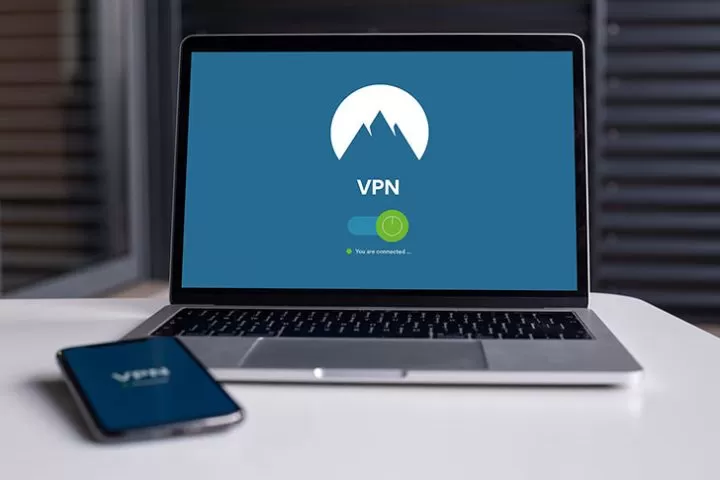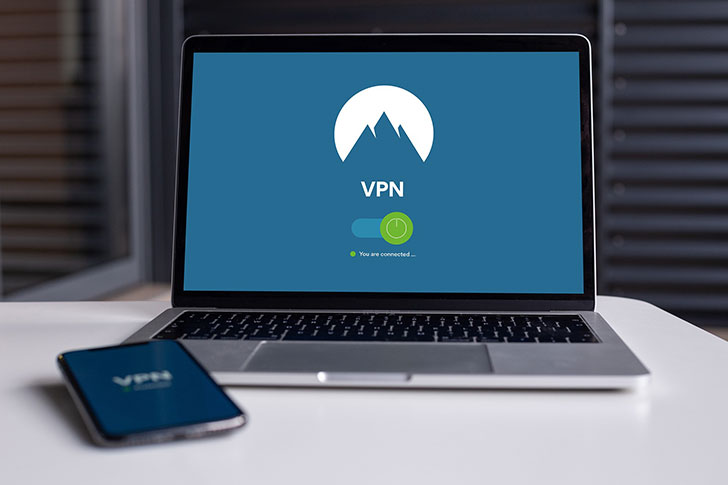Whether you’re really concerned about your personal cyber security or want to watch the worldwide content, VPNs can serve you by encrypting your private data and overcoming geo-restrictions.
However, there are a lot of different VPNs available out there. So, how to pick the one that works the best for you? In this guide, we’ll cover everything you need to know about how to choose a VPN service. Let’s get started!
1. Identify Your Needs
The first thing you need to do is decide what you need a VPN for. You may either want to encrypt your personal data or access geo-restricted content.
If security is your top priority, you should check out the security protocols that different VPN providers use. Sometimes, a VPN company even offers more than one protocol from which you can use one at a time. Some common encryption protocols are OpenVPN, PPTP, and L2TP/IPsec.
Out of these, OpenVPN is the most secure protocol. Since it remains under the constant review of cyber security experts, any potential vulnerability will be quickly fixed.
2. No Data Logging Policy
When you connect to the internet using a VPN, it will know your IP address, browsing history, device details, and a lot more. Thus, it might use your information in some way.
For example, a lot of free VPNs sell your information to third parties and advertisers. Additionally, while the paid VPNs may not monetize your data, they can still record it and share it with the government or other authorities.
However, there are some top VPN providers out there that respect your privacy by employing a strict no-log policy. This means that they will never record your details or share them with anyone.
3. Connection Speed
When you use a VPN network, your internet connection speed might slow down due to the encryption process. This can be a deal-breaker if you want to stream or download with a VPN.
That’s why you must ensure that the VPN offers a speedy connection at all times. However, you must also remember that just because a VPN service has fast servers in the US, it doesn’t mean that the same will be true for other countries as well.
4. Number of Servers
You should also find out the number of servers that the VPN provider is offering you. The larger the coverage, the better the performance will be. However, it doesn’t necessarily mean that the number of countries should be more too.

Instead, a VPN provider should offer more servers in the same country so that the users can get a stable connection, fast speed, and avoid server congestion.
Therefore, you must check out the number of servers available in your country of interest. For example, a VPN with thousands of servers available in Europe won’t benefit you if you want to unblock a site in the USA.
5. VPN Features
It is also necessary to check the availability of the following features in the VPN before subscribing to it. The one that bears the maximum or all of the features should be your top priority.
- Bandwidth and throttling: If you want a VPN service for streaming, make sure it doesn’t limit your bandwidth. To find it out, go through the terms and conditions of the VPN provider and also read fine prints.
- User Interface: No matter how fast and robust a VPN is, it would be of no use if the app isn’t user-friendly.
- The Number of Simultaneous Connections: The higher the number of devices on one account, the better it is. However, if you’re interested in opting for a premium VPN, make sure it supports at least 5 devices on a single account.
- Compatibility with Different Platforms: An ideal VPN should be compatible with multiple platforms such as macOS, Windows, iOS, Android, Linux, and routers.
- Kill Switch: With the Kill Switch feature, you can immediately disconnect your internet in case the VPN connection drops out. This is extremely helpful in preventing your privacy.
6. Customer Support
Good customer support should also be one of your top priorities. Even if you are a tech expert and might not need any support, a billing issue can arise at any time.
Other than that, the way of reaching support should also be interactive. For example, live chats are always a better idea over email or a ticketing system.






















 10 Best Aircon Services in Singapore
10 Best Aircon Services in Singapore  Top 10 Trusted Maid Agencies in Singapore
Top 10 Trusted Maid Agencies in Singapore  The 7 Most Romantic Restaurants in Singapore
The 7 Most Romantic Restaurants in Singapore  5 Best Sofa Cleaning Services in Singapore
5 Best Sofa Cleaning Services in Singapore  10 Best House Movers in Singapore
10 Best House Movers in Singapore  10 Best House Cleaning Services in Singapore
10 Best House Cleaning Services in Singapore  Illuminate Spring with Blooms across Lendlease malls
Illuminate Spring with Blooms across Lendlease malls  2XU Compression Run 2025 Singapore
2XU Compression Run 2025 Singapore  Solo Travel and Mental Health: Discovering Wellness Through Independence and Adventure
Solo Travel and Mental Health: Discovering Wellness Through Independence and Adventure  5 Ways to Improve Your Business’s Energy Efficiency
5 Ways to Improve Your Business’s Energy Efficiency  7 Types of Smart Road Solutions That Help Improve Traffic Efficiency and Safety
7 Types of Smart Road Solutions That Help Improve Traffic Efficiency and Safety  5 Best Cake Shops in Singapore for Special Occasions and Everyday
5 Best Cake Shops in Singapore for Special Occasions and Everyday  7 Delicious Reasons to Check-in at the Crab Buffet at Plaza Brasserie
7 Delicious Reasons to Check-in at the Crab Buffet at Plaza Brasserie  5 Best Vietnamese Restaurants in Singapore for Pho and More
5 Best Vietnamese Restaurants in Singapore for Pho and More  5 Best Sports Bars in Singapore: Super Fun & Exciting!
5 Best Sports Bars in Singapore: Super Fun & Exciting!  5 Fun and Healthy Seniors Activities for the Older Adults in Singapore
5 Fun and Healthy Seniors Activities for the Older Adults in Singapore  Singapore’s Hidden Gems: The Top 5 Museums You Need to Explore
Singapore’s Hidden Gems: The Top 5 Museums You Need to Explore